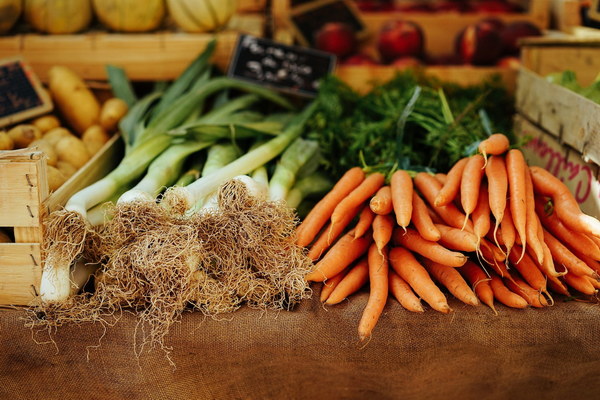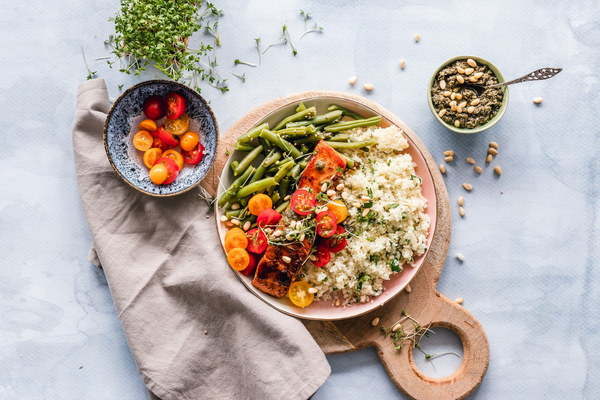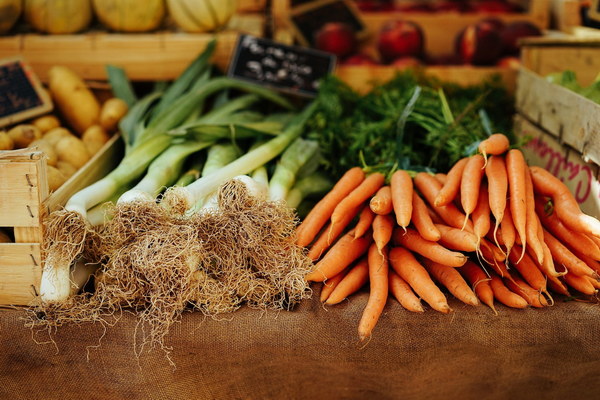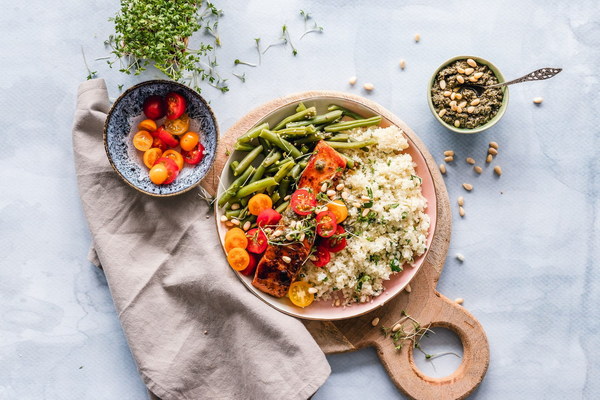Nurturing Your Lungs A Guide to Natural Remedies for Inflamed Lungs
Nurturing Your Lungs: A Guide to Natural Remedies for Inflamed Lungs
Inflamed lungs can be a distressing condition, often resulting from infections, allergies, or exposure to irritants. While medical treatment is essential for severe cases, natural remedies can offer relief and support the healing process. This article delves into the world of natural remedies for inflamed lungs, highlighting the benefits of various drinks and foods that can help soothe and nourish your respiratory system.
Understanding Inflamed Lungs
Inflamed lungs, also known as lung inflammation or pneumonitis, is a condition where the air sacs in the lungs become inflamed, leading to difficulty in breathing. This inflammation can be caused by a variety of factors, including:
- Bacterial or viral infections
- Allergens
- Environmental irritants like smoke or chemicals
- Certain medications or substances
Natural Remedies for Inflamed Lungs
1. Honey and Lemon Water
- Why it helps: Honey has natural antibacterial properties, while lemon is high in vitamin C, which can boost the immune system.
- How to prepare: Mix one tablespoon of honey and the juice of half a lemon in a glass of warm water. Drink this mixture twice a day.
2. Ginger Tea
- Why it helps: Ginger has anti-inflammatory properties that can help reduce lung inflammation.
- How to prepare: Grate a small piece of ginger and steep it in hot water for 5-10 minutes. Add honey and lemon to taste.
3. Green Tea
- Why it helps: Green tea contains antioxidants that can help reduce inflammation and support lung health.
- How to prepare: Brew a cup of green tea and drink it hot or cold, depending on your preference.

4. Mullein Tea
- Why it helps: Mullein is known for its soothing properties, which can help reduce inflammation and irritation in the lungs.
- How to prepare: Steep one to two teaspoons of dried mullein leaves in a cup of hot water for 10-15 minutes. Strain and drink.
5. Pumpkin Soup
- Why it helps: Pumpkins are rich in beta-carotene and vitamin A, which can support lung health.
- How to prepare: Roast a pumpkin until tender, then puree it with chicken or vegetable broth, garlic, onion, and a touch of turmeric for added anti-inflammatory benefits.
6. Turmeric Milk
- Why it helps: Turmeric contains curcumin, a compound with potent anti-inflammatory properties.
- How to prepare: Heat a cup of milk (dairy or plant-based) and add a teaspoon of ground turmeric. Stir until well combined, and sweeten with honey or maple syrup if desired.
7. Apple Cider Vinegar
- Why it helps: Apple cider vinegar may help thin mucus and ease respiratory symptoms.
- How to prepare: Mix one to two tablespoons of raw, unfiltered apple cider vinegar in a glass of warm water. Drink this mixture twice a day.
Additional Tips for Lung Health
- Stay Hydrated: Drinking plenty of fluids can help keep the mucus in your lungs thin and easier to expel.
- Avoid Irritants: Stay away from smoke, dust, and other environmental irritants that can exacerbate lung inflammation.
- Exercise Regularly: Moderate exercise can improve lung function and boost overall health.
- Adequate Rest: Rest is crucial for the body to heal and recover.
Conclusion
While natural remedies can complement medical treatment for inflamed lungs, it's important to consult with a healthcare professional before making significant changes to your diet or treatment plan. By incorporating these natural remedies and adopting a holistic approach to lung health, you can help soothe and nourish your respiratory system, promoting a quicker recovery. Remember, the journey to better lung health is a marathon, not a sprint, and patience and consistency are key.









